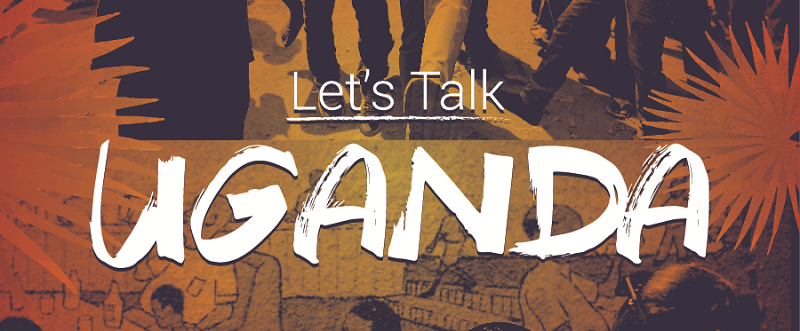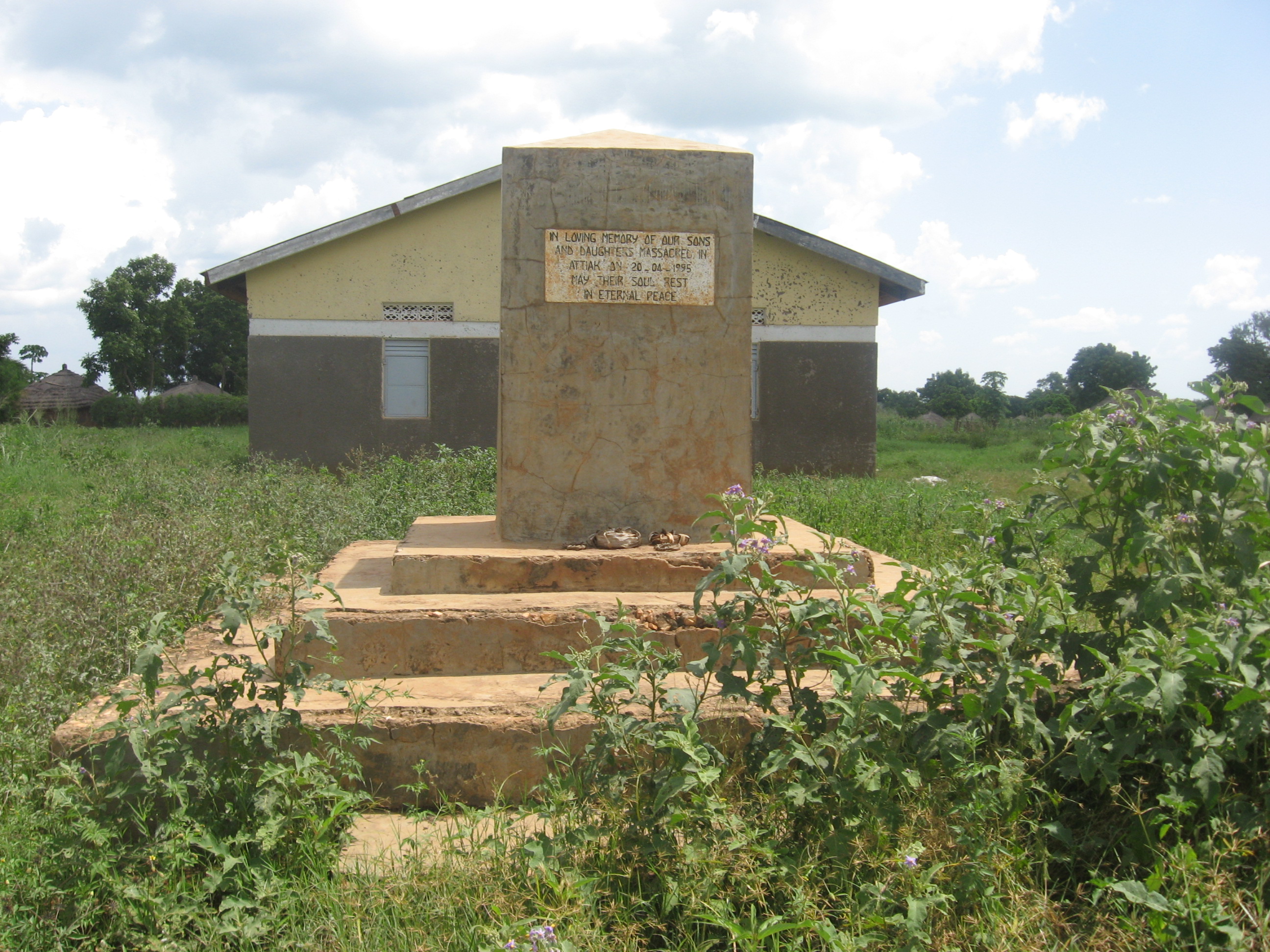
On the 19 May 2004, the Lord’s Resistance Army (LRA) raided the village of Lukodi, and carried out a massacre that led to the deaths of over sixty people. Lukodi village is located seventeen kilometres north of Gulu,. It is one of the many villages in northern Uganda that suffered from persistent LRA attacks.
On 2 June, Let’s Talk, Uganda – a platform for conversations about justice and reconciliation – organised a dialogue with the people of Lukodi. The message from the 160 attendees was clear: “When gross human rights violations occur, then justice and reparation can bring healing and reconciliation”. The objective of the dialogue was to gather community perceptions and stories from the community. Ahead of the dialogue, the community members suggested a list of topics they wanted to discuss:
- Do you think it is important to repair the lives of people after the conflict?
- Can justice bring healing?
- Is it right for forgiveness to take place after a conflict or problem has occurred?
- Is the government thinking about the people in Lukodi?
- Is it right to provide counselling for people in war-affected areas?
Some of the issues that arose during the dialogue were that for forgiveness and reconciliation to take place, there is need for justice to prevail and reparations to occur. A community member said ‘where killings have taken place and there is so much sorrow then justice must first prevail. Then the heart of forgiveness can be there. Justice brings about healing. The government should pay families that lost their people to bring about healing.’
Community Voices
Another said ‘forgiveness is very difficult when there has been a mass killing. In my opinion, there should be forgiveness for justice to occur. I can forgive if someone accepts the wrong they did and justice has prevailed. When killings take place and there is so much sorrow, then justice must prevail for the heart of forgiveness to be there.’
Another said ‘if your life is repaired, you can heal. Those who committed crimes should be punished’. Members cried out that these steps should not be delayed. A woman said ‘many people are dying. More than 50 people who filled in the form have died’.
Communities also said that psycho-social support is an important aspect of reparations. However, they also said that counselling and psycho-social support should be coupled with economic support. One participant said ‘even if you are counselled, as soon as the counselling is finished and you cross the road, you will be reminded that you have no wealth, your child is being chased from school. She/he may sleep hungry’. They also attributed the use of traditional justice mechanisms to support people in rebuilding life after violations occur.
A long and painful conflict
Northern Uganda has experienced conflict for over twenty years, the result of a civil war waged mainly between the rebels of the LRA and the government of Uganda (GoU). The impact of the conflict has been devastating, with over 1.8 million people forced into IDP camps. There has been tremendous loss of lives and the abduction of over 38,000 children by the LRA to serve as child soldiers and sex slaves. Lukodi, like many other villages in northern Uganda, was severely affected by the conflict.
Today, the community is still facing the brunt of the conflict and this dialogue is designed to highlight the challenges they continue to face. The goal is to generate a conversation throughout the country in order to create awareness and a lobbying mechanism for support.
This article was originally published on Let’s Talk, Uganda.



